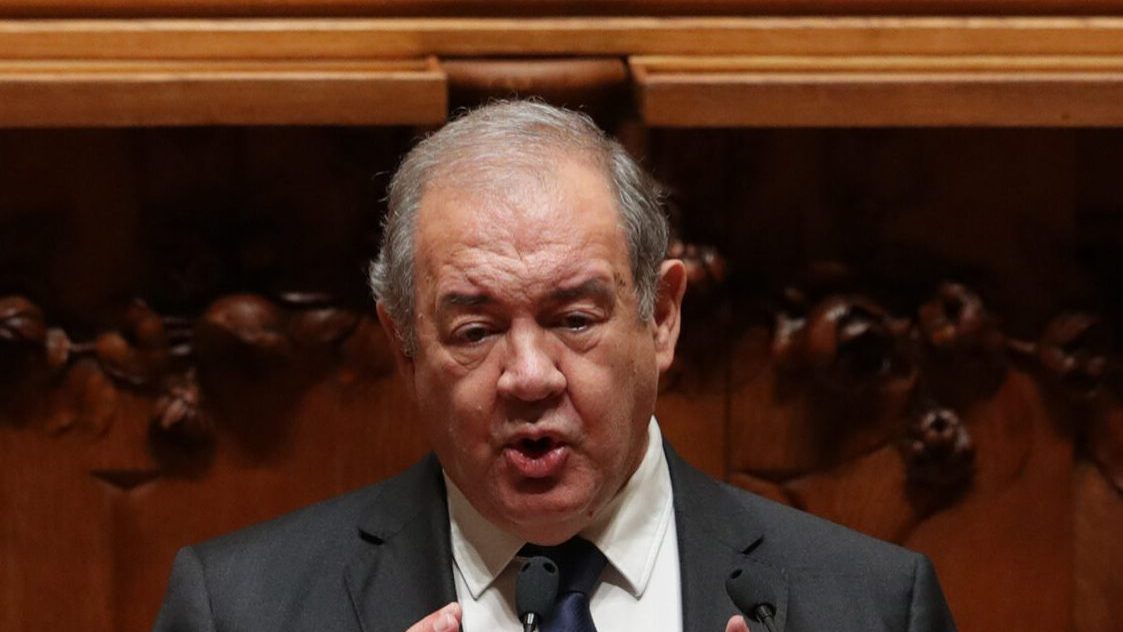PM welcomes digital nomads in ‘modern, open’ country
According to Costa, Portugal has been "increasingly attractive" - in the first half of this year, it "once again captured a historic maximum of contractualised investment".
Portugal’s prime minister has defended the tax and permanence regime granted to the so-called digital nomads living in the country, considering it essential that Portugal remains open to the world and capture technological investment for its modernisation and development.
António Costa was talking to journalists, at the end of a visit of almost two hours to the exhibition pavilions of startups present at the Web Summit, at the Industrial Fair of Lisbon (FIL), in which he was accompanied by the minister of economy, António Costa Silva.
Asked about the special tax and permanence regime granted by the Portuguese state to the so-called “digital nomads” – young people linked to technologies, whose arrival in the country may be worsening the price of housing in major cities in the country – the prime minister considered it essential that Portugal is an attractive country and not be closed to the world.
“Either we want to be a country closed to the world, and that is killing our history, culture and vocation; or we want to be what we have been, an open country, where everyone feels welcome, where everyone can develop their life projects,” he replied.
These schemes aimed at attracting investment and young international staff, he said, “are assets that the country must maintain”.
“We have to know how to welcome and we have to cherish. If we want to be an increasingly innovative country, with companies that grow on a global scale, it is essential that we have this dynamic,” he said.
Costa then noted that Portugal already has “seven unicorns” – technology companies valued at more than a billion US dollars – and mentioned that Lisbon City Council, led by social democrat Carlos Moedas, “has the great ambition to transform the city into a unicorn factory”.
“Many companies that were small startups, which did not know whether they would hold up or not, have grown and consolidated in the most diverse areas, namely in aerospace or life sciences. We have to encourage” this movement, he stressed, before alluding to conversations he had this while visiting Web Summit.
“I was told that some of these digital nomads are buying homes in Portugal. We effectively have an open programme to be a location factor for these digital nomads, just as we have a programme to attract foreign direct investment. Every company that makes large strategic investments in Portugal also does so on a contractual basis”, he pointed out.
According to Costa, Portugal has been “increasingly attractive” – in the first half of this year, it “once again captured a historic maximum of contractualised investment”.
“These companies help us create a society with more jobs. They help us to create better jobs, with better working conditions and better salaries,” he said.
Before journalists, still in relation to digital nomads, António Costa indicated that “there is a new reality that has to do with international entrepreneurship”, which explains the country’s “attractiveness” in “speeding up the granting of visas for those who want to come to Portugal to live, or to invest in the creation of technology companies, or to develop their activity”.
“The Covid-19 pandemic demonstrated that Portugal was particularly attractive to the so-called digital nomads because the country performed well in facing that crisis and has a very high level of security, being an excellent place for those who have a professional activity that does not require being fixed in one point,” he claimed.
The seventh edition of Web Summit has more than 70,000 participants, 2,630 startups and companies, 1,120 investors and 1,040 speakers.
The technology event, which was born in 2010 in Ireland, was held in the Parque das Nações area in Lisbon in 2016 and will remain in the Portuguese capital until 2028.


